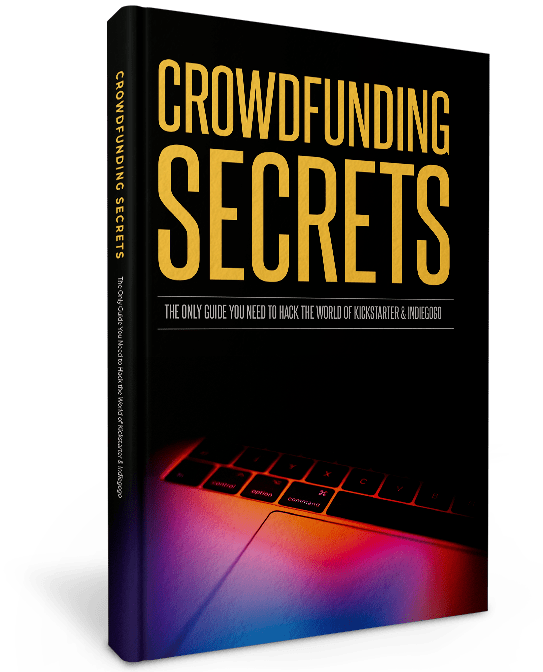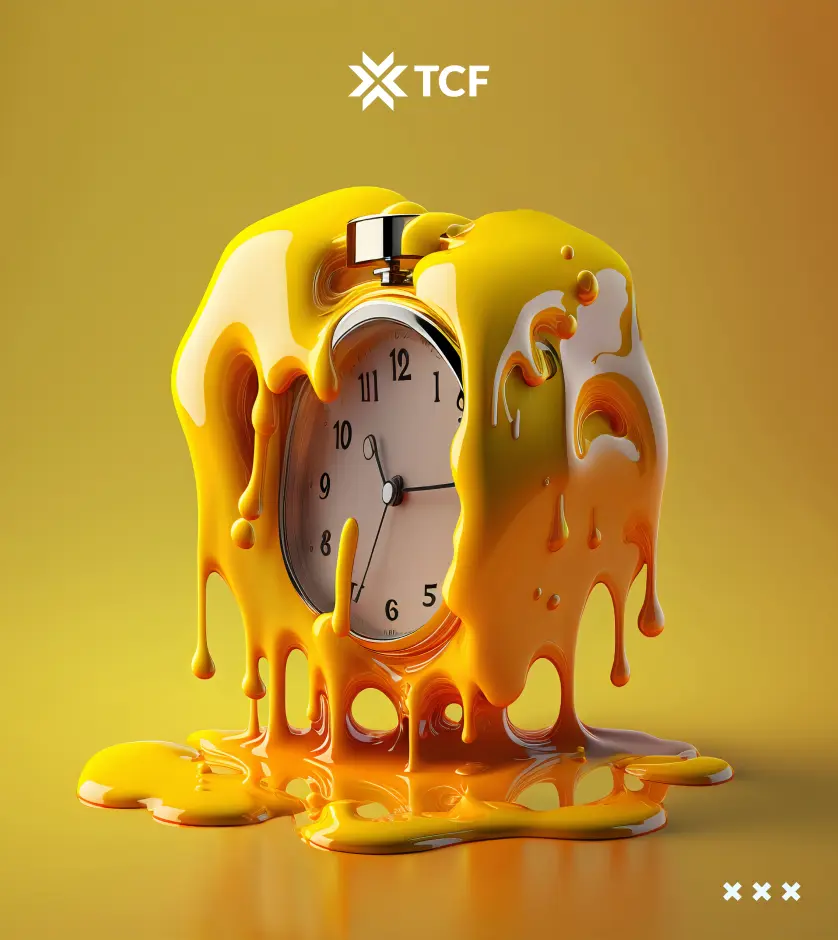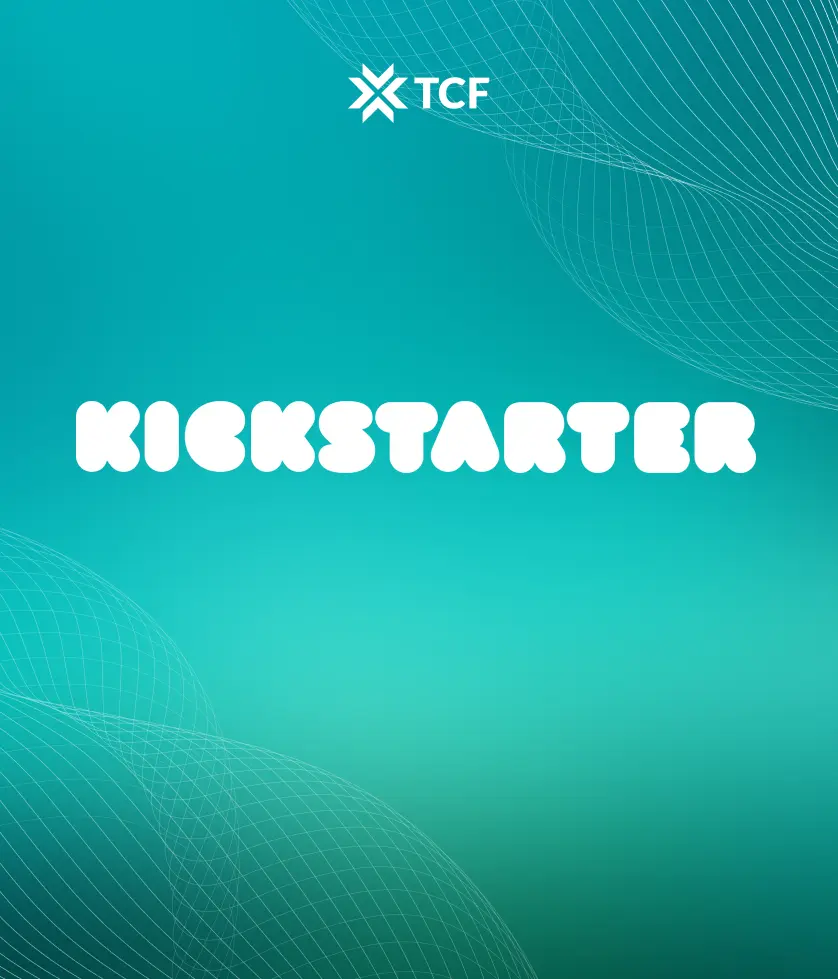Crowdfunding has revolutionized the way entrepreneurs and innovators bring their ideas to fruition. The ability to rally a community around a vision and secure financial backing is an empowering tool in today’s connected world. But amidst all the buzz about going live with your product or project, one critical decision can significantly influence your campaign’s success: how long it should last.
In this extensive guide, we’ll explore how to determine the optimal duration for a crowdfunding campaign. We’ll examine why timing is everything, the sweet spot for campaign length, factors to consider when choosing a duration, and strategies to ensure your campaign thrives, regardless of length.
The Importance of Choosing the Right Duration
Before we discuss how long should crowdfunding campaign last, it’s essential to underscore why this decision matters. Crowdfunding is as much about the story you tell and the community you build as it is about the money you raise. The duration of your campaign is a powerful narrative tool. It can create a sense of urgency, suggest the maturity of your project, and tailor the expectations of your backers.
The wrong length can be an uphill battle. A campaign that crawls along for months risks losing its edge and the interest of its audience. On the other hand, one that’s too brief may not allow for proper outreach and engagement, leaving potential backers out in the cold.
Sweet Spot for Campaign Length
The standard recommendation for crowdfunding campaigns, particularly those on platforms like Kickstarter or Indiegogo, is 30 to 40 days. This isn’t arbitrary – this timeframe has proven effective for various project types and funding goals.
Benefits of this Timeframe
- Creates Urgency: A campaign of this duration can create a psychological urgency that motivates backers to act now rather than later.
- Promotion Window: Thirty to forty days provides a decent window of opportunity to market your campaign without exhausting your resources or your following.
Factors to Consider When Choosing Duration
While the 30 to 40-day range may be a good starting point, it is no one-size-fits-all solution. Your specific project, audience, and goals must be taken into account.
Project Complexity
The more complex or novel your project, the more time backers might need to digest the information and build the courage to back it. High-tech gadgets or projects with intricate reward tiers can benefit from a slightly longer campaign window.
Know Your Audience
Understanding the online behavior and attention span of your audience is crucial. Is your project something they are passionate about and likely to back on impulse, or does it require careful consideration? This can radically sway your campaign’s most effective duration.
Pre-launch Marketing Efforts
Your work before your campaign launch is as important as the campaign itself. A strong pre-launch marketing strategy can considerably reduce the necessary campaign length to achieve your funding goal.
Check out the Prelaunch, a product validation platform to learn exactly how. Prelaunch is a key tool for lowering risks in crowdfunding, especially by fine-tuning campaign length. It gives creators a head start to test interest and gather support before the big launch. This early feedback not only refines the product but also taps into backers’ mindsets for a sharper marketing plan. With solid audience engagement upfront, campaigns can be shorter, trimming uncertainties and financial risks.
Funding Goal Dynamics
The length of your campaign should be inversely proportional to your funding goal to an extent. If your goal is significantly higher, a longer campaign may be justified to allow for more gradual and sustained fundraising efforts.
Alternatives to the Sweet Spot
The 30 to 40-day period is a recommendation, not a rule. There are legitimate reasons to deviate from this range, such as if you’re running a campaign to fund a film and need to align with industry deadlines or if your product launch coincides with a specific event or season.
Some platforms also offer a range of allowable campaign durations. While Kickstarter’s range has traditionally been 30 to 60 days, IndieGoGo’s limits are more flexible, allowing anywhere from 1 to 60 days.
Conclusion
The question of how long a crowdfunding campaign should last has no one-size-fits-all answer. It’s as unique as the projects and people involved. By understanding the dynamics of your project, the needs of your audience, and the strategies at your disposal, you can confidently anchor your campaign in a duration that maximizes your chances of success. Remember, crowdfunding isn’t just about the funds; it’s about the community – and getting the time right can help you build a thriving one.



Comments